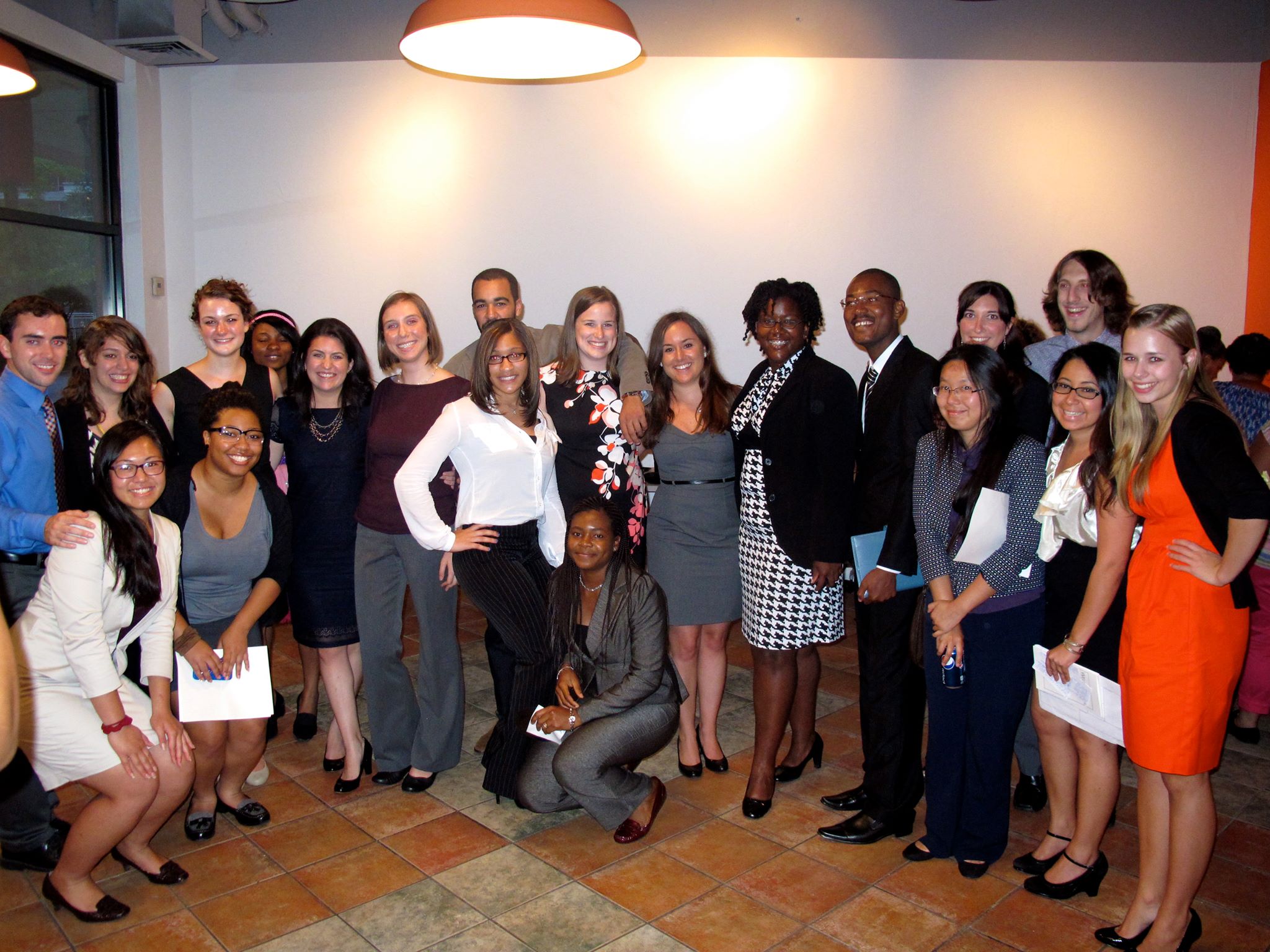
This summer I was able to participate in the Social Innovation Program (SIP) through George Mason University’s Center for Social Entrepreneurship. This five week academic and experiential training included undergraduate and graduate students from around the world including Africa and Hawaii. The first week of the program was spent in a classroom setting hearing from speakers ranging from the campus coordinator for AshokaU to the President of GuideStar. The professors, social entrepreneurs, and business leaders we heard from laid the foundation to give us the skills we need to be effective social entrepreneurs. They spoke on topics such as leadership, strategic planning, scaling and measuring impact, harnessing technology, and marketing.
During the next four weeks we had the opportunity to apply these lessons to projects as we worked with community organizations on business plans and outreach campaigns. My team worked with UnSectored, a D.C. based blog on cross-sector leadership, and with Fairfax County Farmer’s Market. In addition to these two consulting projects, my team also conceived, tested, and pitched a start-up idea for a social enterprise using the blank canvas business model and Lean Start Up business model. My team worked on designing a re-entry program for formerly incarcerated people that would teach entrepreneurial skills through selling ice-cream sandwiches, which would also alleviate the burden of relying entirely on donations.
I am so grateful for my experience this summer as I now feel equipped to start a venture of my own when I am ready. However, I was unexpectedly convinced to hold off on starting my own social enterprise during a talk given by Mark Hecker. Mark is the founder of Reach Inc, a nonprofit that works on alleviating illiteracy in D.C. public schools. Mark’s presentation, which was actually the last during our academic week, was on the “10 Myths of the Social Entrepreneur Sector”. After a weeklong series of presentation on how to start our own social enterprises, Mark came in a crushed many of our preconceived notions, giving us a much needed reality check.
His first myth was that being a founder is awesome. He said that everyone can start something, but not everyone should start something. Being the founder means you have less time to spend on the program-related stuff. Instead, you will eventually spend most of your time doing management work and PR for the organization. He cautioned us to only start something if it was really innovative. Otherwise, it can be much more fulfilling to work in an existing organization that is doing the work you want to be doing. This first myth was arguably the most important piece of advice I received on the Social Innovation Program.
Oftentimes, starting something yourself is glorified and seen as the best way to create change. However, sometimes it is not the right answer. I feel that at this point, I have not conceived of a truly innovative idea for a social venture to solve the issue I am passionate about: the unjust and unsustainable mass incarceration in the United States. For now, I am content learning the landscape and working with other organizations that are already doing innovative work in this field. (After SIP, I actually interned at an amazing organization that works with formerly incarcerated individuals called Defy Ventures.) I also feel confident in my ability to help other people work on starting their own social ventures, which I have the opportunity to do this year as a Changemaker Institute fellow. I will be coordinating Tulane’s incubator for student-led social ventures in the spring. I feel that the skills and connections I made on the Social Innovation Program will be invaluable to be as I navigate my future within the social innovation and social entrepreneurship field.
